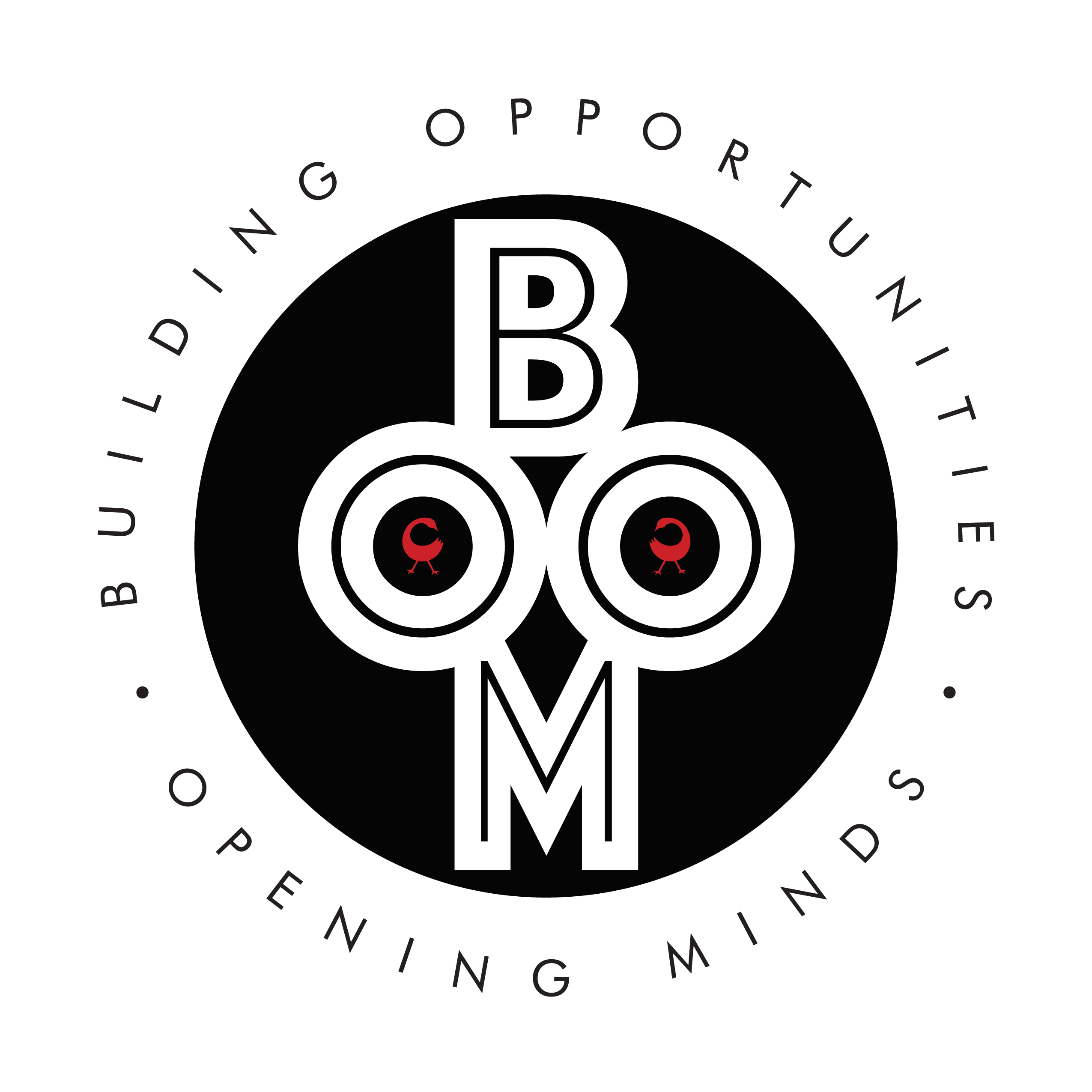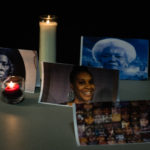For me “American” is more influencer than identifier.
It’s socialization as opposed to soul. Nationality, not ethnicity. It is an adjective instead of a noun: I am an “Americanized” African, a descendant of people forcibly displaced from my country of origin. I have been in this land so long that I don’t know which land is home to my ancestors. I don’t know my home language or the details of my heritage and history. Those elements of my identity were forcibly suppressed. The trauma of this truth leaves many of us in a state of psychosis, claiming the land of captivity and oppression as our own – for this is the land, language, and legacies that we know. We forsake our unknown selves and grab the nouns of those who appear free, desperate for some sort of freedom like those privileged by our oppression.
Personally, I am on no quest for validation or acceptance by those privileged and powerful Americans who dominate the mainstream economy, government, media, etc. I have no desire for that discussion/debate because, quite frankly, deeds say more to me than dialogue ever could. I peep the patterns, and I’m not in this body or in this lifetime to convince other folks of my humanity. Not interested.
From that lens, I disassociate with the moniker “African-American.” Of course, I cannot deny generational experiences in this country or the influence of American culture on me. I will never disrespect my ancestors’ legacy and labors. Africans contributed 500 years of construction, creativity, and covert strategic leadership that generated the wealth that established the US as a world power, and that authored the most popular and consumed forms of art and culture in the world. (American pop culture.) At the same time, I will not pretend that the war against African and First Nation people ever ended. I will not pretend that I have the full rights and reach of an “American citizen” while watching the continued death and destruction of my people and the descendants of those to whom this land belongs.
This is a declaration of liberation.
To release the attachment that we have to our states of captivity and run away from what we think we know, who we think we are, and how we come to define ourselves. How is it logical to fight for freedom with a vision rooted in the desire to access and assume the privileges and power of our oppressors instead of an appreciation for the liberated state of our ancestors? So long as our understanding of freedom is limited to having the same game and same names as those who have benefited (and continue to benefit) from our destruction, we will always live in inequitable conditions. Central America, Africa and South America are still dominated by the interests of Western European and Asian powers. Resources are still being stolen. Enslavement is still a global and domestic phenomena that is put forth primarily by the Western world. Equality is of no benefit to the rich and powerful. A focus on bargaining, bartering, or begging for freedom from an oppressive force is futile. We have spent generations in an oppressive state, so long that many of us don’t remember that our history starts long before these lands we call the Americas. Our first order of business needs to be remembering life before the oppression of our Ancestors in this place, to better define our liberation.
Laying claim to the names of our oppression won’t help us find freedom. I do not believe that we can claim to be anything that we don’t exercise full privilege and power within. We cannot define our freedom using the templates of our oppression.
I am a descendant of Africans held captive in this land.
American is the state of my conditioning. African is the frame of my identity. Both are a part of me.
– J, An American African.

